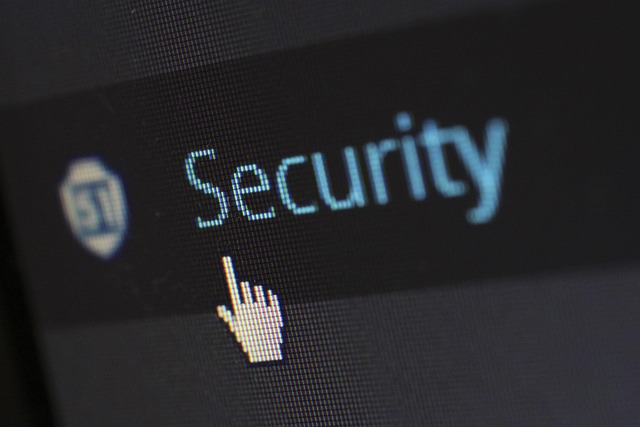Addiction is a disease that affects millions of individuals and their loved ones. In today’s digital age, social media has emerged as a powerful platform that can greatly impact addiction recovery. The potential of content co-creation on these platforms means that those in recovery can find solidarity, share their journeys, and create supportive communities that battle stigma and isolation.
Social media is no longer just a place for sharing selfies or scrolling through feeds; it has turned into a pivotal resource for those seeking help. Individuals dealing with addiction often feel misunderstood or alienated. However, social media has provided a voice to the voiceless and an outlet for those who wish to articulate their struggles. When recovering individuals come together to share experiences, insights, and encouragement, they foster a sense of belonging that can be transformative.
The rise of content co-creation allows anyone to interact and generate meaningful conversations. Imagine a platform where recovering addicts can share their personal stories in a supportive community, where their peers can respond with their insights and suggestions. This collaborative interaction not only brings validation but also creates an environment where individuals feel empowered to take ownership of their recovery journey. They can produce blog posts, videos, or podcasts that share coping strategies, recovery milestones, and pitfalls to avoid, thereby creating a wealth of resources for one another.
Moreover, social media provides access to an extensive network of professionals and advocates who are willing to share their knowledge and experiences. Through content co-creation, therapists, recovery coaches, and former addicts can compile resources that are easily accessible to those in need. Visual testimonials and interactive web-based content help demystify the recovery process, making it relatable and attainable for those just starting their journey.
The psychological benefits of engaging with social media during recovery cannot be overstated. Regularly contributing to a shared dialogue helps individuals reinforce their commitment to sobriety. Posting updates, celebrating milestones, or even sharing setbacks can lead to increased accountability within the community. When others respond thoughtfully to these posts, it can trigger a profound sense of motivation, reminding individuals that they are not alone and that recovery is indeed a shared journey.
However, it’s essential to approach social media wisely. While it can be an incredible tool for support and co-creation, one must remain cautious about the content they consume. It is easy to fall into the trap of negativity or comparison, which could hinder progress. By actively participating in constructive communities and initiating positive discussions, individuals can ensure their online experiences are uplifting and serve their recovery goals.
As we embrace the digital age, let us harness the power of social media for good. By crafting and co-creating content that portrays the realities of addiction recovery, we can foster compassionate communities where everyone feels understood, valued, and motivated to thrive. Through these collective efforts, we can break the chains of stigma surrounding addiction and encourage growth, healing, and hope.



